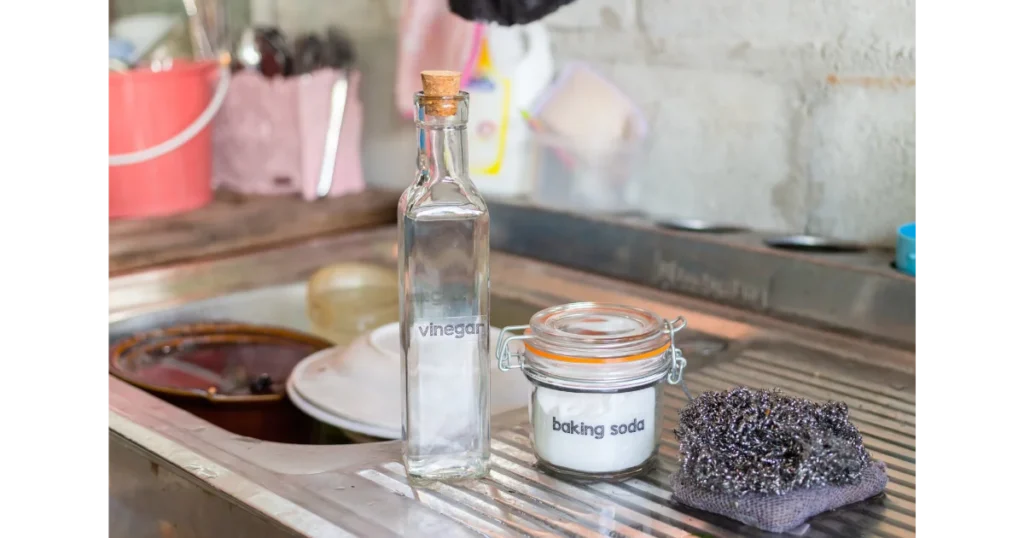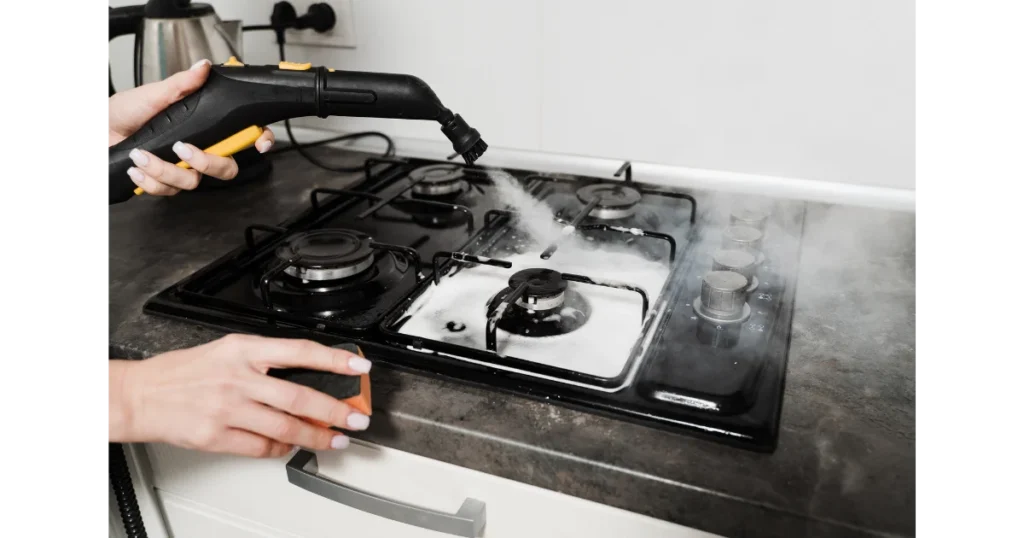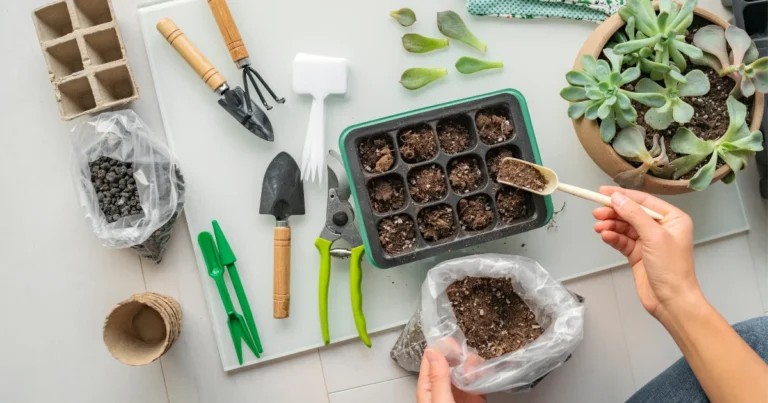Sweeping Sustainability: Eco-Friendly Kitchen Cleaning Tips
Ever wondered how to maintain a spotless kitchen while also reducing your environmental impact? Look no further! In today’s world, where sustainability is key, eco-friendly kitchen cleaning tips have become more than just a trend—they’re necessary.
From natural cleaning agents to sustainable practices, we’ve got you covered with practical and effective solutions that will leave your kitchen gleaming and your conscience clear.

1. Natural Cleaning Agents
Traditional kitchen cleaners often contain harsh chemicals that can be harmful to both your health and the environment. Instead, opt for natural alternatives such as vinegar, baking soda, lemon juice, and essential oils. These ingredients are not only effective at cutting through grease and grime but are also safe, non-toxic, and biodegradable.
2. Make Your Own Cleaning Solutions
Creating your own cleaning solutions at home is not only cost-effective but also allows you to control the ingredients and minimize waste. For example, you can mix equal parts vinegar and water to create a versatile all-purpose cleaner. Add a few drops of essential oils like lavender or tea tree oil for a pleasant scent and added antibacterial properties.

Related: How To Clean Kitchen Cabinets.
3. Ditch Disposable Products
Paper towels, disposable wipes, and single-use cleaning products contribute to unnecessary waste and environmental degradation. Instead, invest in reusable cleaning cloths, microfiber towels, and washable mop heads. Not only are these options more sustainable, but they’re also more economical in the long run.
4. Compost Kitchen Scraps
When cleaning your kitchen, you’re likely to generate organic waste such as fruit and vegetable peels. Rather than tossing them in the trash where they’ll end up in a landfill, consider starting a compost bin. Composting not only reduces waste but also produces nutrient-rich soil that can be used to nourish your garden or houseplants.
5. Conserve Water
Water is a precious resource, so it’s important to use it wisely, especially when cleaning. Avoid leaving the tap running while scrubbing dishes or surfaces. Instead, fill a basin with soapy water to rinse off dirt and grime. Additionally, consider installing a low-flow faucet aerator to reduce water consumption without compromising water pressure.
6. Biodegradable Cleaning Brushes
When scrubbing pots, pans, and dishes, opt for biodegradable cleaning brushes made from materials like bamboo or plant-based fibers. These brushes are durable, effective, and completely compostable at the end of their lifespan. Say goodbye to plastic scrubbers that contribute to pollution and choose sustainable alternatives instead.
7. Practice Regular Maintenance
Prevention is often the best form of cleaning. By staying on top of spills, stains, and messes as they occur, you can minimize the need for intensive cleaning sessions later on. Wipe down countertops, appliances, and surfaces regularly with a damp cloth to prevent dirt and grime buildup.
8. Steam Cleaning
Steam cleaning is an effective and eco-friendly way to sanitize surfaces without the need for chemical cleaners. Steam cleaners use hot water vapor to break down dirt, grease, and bacteria, leaving surfaces clean and sanitized. Invest in a quality steam cleaner to tackle tough stains on countertops, stovetops, and floors, all while minimizing your environmental impact.

9. Repurpose Leftover Citrus Peels
After enjoying a refreshing glass of lemonade or orange juice, don’t toss the peels in the trash—put them to use as natural cleaning agents instead. Citrus peels contain natural oils that can help cut through grease and leave surfaces smelling fresh. Simply place citrus peels in a jar, cover them with vinegar, and let the mixture sit for a few weeks. Strain out the peels and use the citrus-infused vinegar as a powerful all-purpose cleaner.
10. Maintain Your Appliances for Efficiency
Regular maintenance of kitchen appliances not only prolongs their lifespan but also ensures they operate efficiently, reducing energy consumption and environmental impact. Clean refrigerator coils, replace air filters, and defrost freezers regularly to optimize energy efficiency. Additionally, check for leaks in faucets and appliances to prevent water wastage.
11. Air Dry Instead of Using the Dryer
Instead of relying on the dishwasher’s drying cycle or reaching for a paper towel to dry dishes, consider air drying them instead. Set up a drying rack near the sink or use a clean dish towel to dry dishes naturally. Not only does air drying save energy, but it also helps reduce the wear and tear on your dishes, extending their lifespan.
12. Green Your Dishwashing Routine
When hand washing dishes, fill the sink with warm, soapy water instead of letting the faucet run continuously. This simple switch can save a significant amount of water with each wash. Additionally, choose phosphate-free dish soap to minimize water pollution and protect aquatic ecosystems.
13. Disposal of Hazardous Waste
Dispose of hazardous cleaning products such as bleach, ammonia, and oven cleaners properly to prevent environmental contamination. Research local hazardous waste disposal programs or drop-off locations in your area where you can safely dispose of these products. Consider switching to non-toxic alternatives to minimize the need for hazardous waste disposal altogether.
14. Embrace Minimalism
Adopt a minimalist approach to cleaning by simplifying your cleaning routine and using fewer products overall. Focus on multi-purpose cleaners and tools that can handle a variety of tasks, reducing the need for specialized cleaning products. By decluttering your cleaning arsenal and streamlining your routine, you’ll not only save time and money but also minimize waste and environmental impact.
OUTLOOK:
Keeping your kitchen clean and hygienic doesn’t have to come at the expense of the environment. By incorporating these eco-friendly cleaning tips into your routine, you can maintain a sparkling clean kitchen while reducing your ecological footprint.
From using natural cleaning agents to conserving water and minimizing waste, every small step towards sustainability makes a difference. Let’s work together to create a healthier, greener planet, one kitchen cleaning session at a time.






